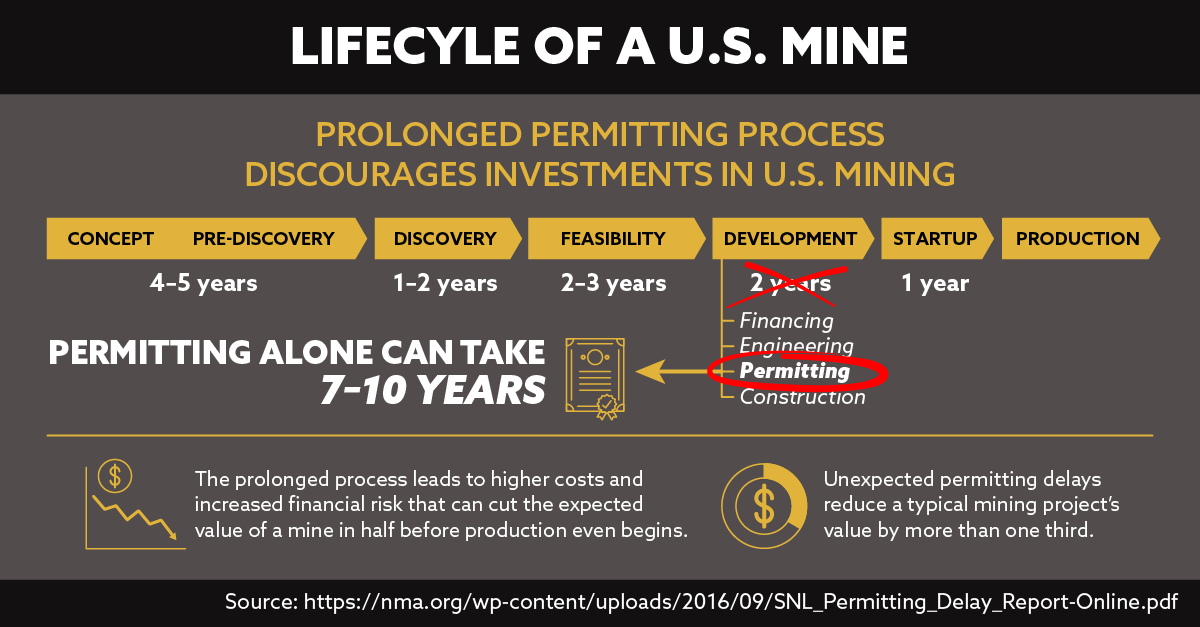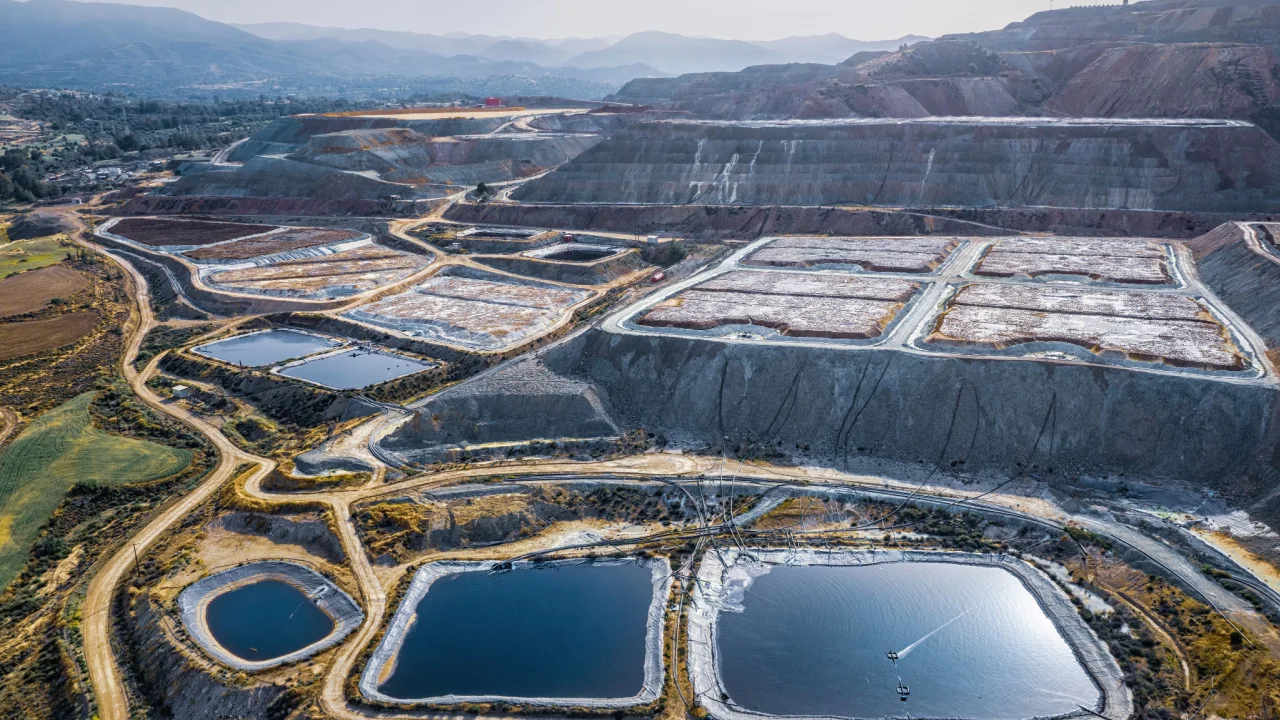Excavation is the process of digging up or uncovering buried objects, structures, or archaeological sites. It involves a careful and methodical approach to preserve and analyze the artifacts and information found.
Types of Excavation
- Archaeological Excavation: This type of excavation is conducted to uncover and study the remains of past civilizations. Archaeologists use various techniques to document and analyze the artifacts and features they find.
- Construction Excavation: This type of excavation is carried out to prepare a site for construction projects, such as building foundations or installing utilities.
- Salvage Excavation: This type of excavation is performed to recover artifacts or features that are threatened by destruction, such as development or natural disasters.
Excavation Techniques
- Trenching: This involves digging a narrow, deep channel to expose layers of soil or rock.
- Grid System: This method involves dividing the excavation site into a grid of squares to help track the location of finds.
- Screening: This process involves sifting through soil and debris to recover small artifacts.
- Augering: This technique involves using a hollow drill to take samples of soil or rock.
Challenges of Excavation
- Weather: Extreme weather conditions can pose challenges to excavation teams, such as heavy rain or high temperatures.
- Preservation: Artifacts can be damaged or destroyed if they are not handled or stored properly.
- Ethical Considerations: Excavation can raise ethical questions about the treatment of cultural heritage and the impact on local communities.
Would you like to learn more about a specific type of excavation or a famous archaeological discovery?



